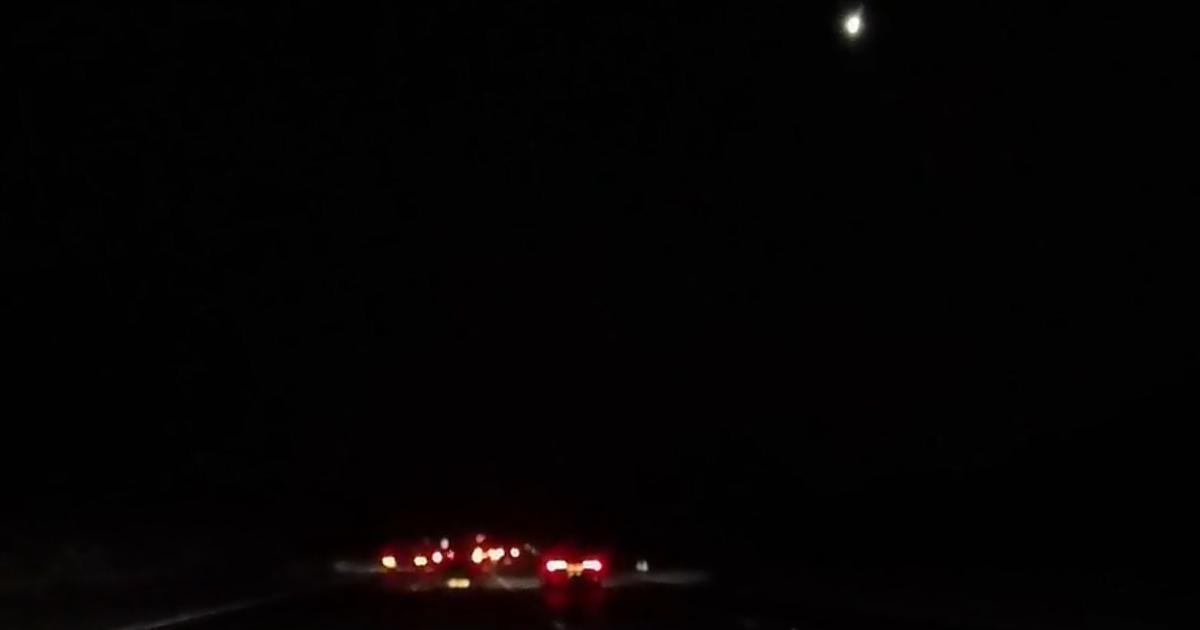The fast fireball was sighted racing across the sky on October 7 much to the delight of city residents.
The impressive sight was seen as far away as France as well as in other towns and cities along the south coast of England, according to Dr Phil Wiseman of the school of physics at the University of Southampton.
Brian Honey, 77, was among those who saw the spectacle from his home in Centenary Quay in Woolston.
He said: “I saw a huge meteor come down. I was looking at the moon at eight o’clock [in the evening] because it was just coming down from behind the clouds.
“As soon as the clouds opened, I saw it. It was so near to the horizon it can’t possibly have burnt out before hitting the earth.
“I have watched the sky for years and I have never seen anything as dramatic as that.
“I thought it was a plane crash. I was shocked and I was waiting for the impact.
“I’ve never seen anything like it in my life. There was no chance to take a picture, it was over in a second. It was just a flash.
“It must have been close – I could see the flames flickering.”
A video shared on social media platform Reddit recorded the fireball streaking across the sky in Southampton.
The footage, taken from a dashcam, shows the fireball approaching at speed.
READ MORE: Westquay ice rink to make early return in 2025
But Dr Wiseman told the Echo it is unlikely that this fireball produced a meteorite.
“Fireballs that survive through the “burn up” and land are called meteorites, which are relatively rare, and most are turned to dust”, he said.
Dr Wiseman added: “Fireballs like this are not hugely uncommon.
“An absolute rate is hard to quantify, but perhaps a few bright ones per year will be spotted from Southampton.
“Fireballs are just bright, long-lasting meteors (also known as shooting stars) made up of larger rocks.
“Smaller, fainter meteors are much more common and increase in their frequency during meteor showers when Earth’s orbit passes through the debris stream of comets.
“The next major shower are the Orionids, where meteors will appear to originate from the constellation of Orion.”
Dr Wiseman explained that these fireballs are often spotted by chance, but smart doorbells and dashcams have “massively increased” reports made in the last 10 years.
He described this technology as being invaluable to scientists as it helps them identify the possible location of any meteorite that does survive the Earth’s atmosphere.
He said: “If you think you’ve caught one, do send it in to the UK meteor network.”

